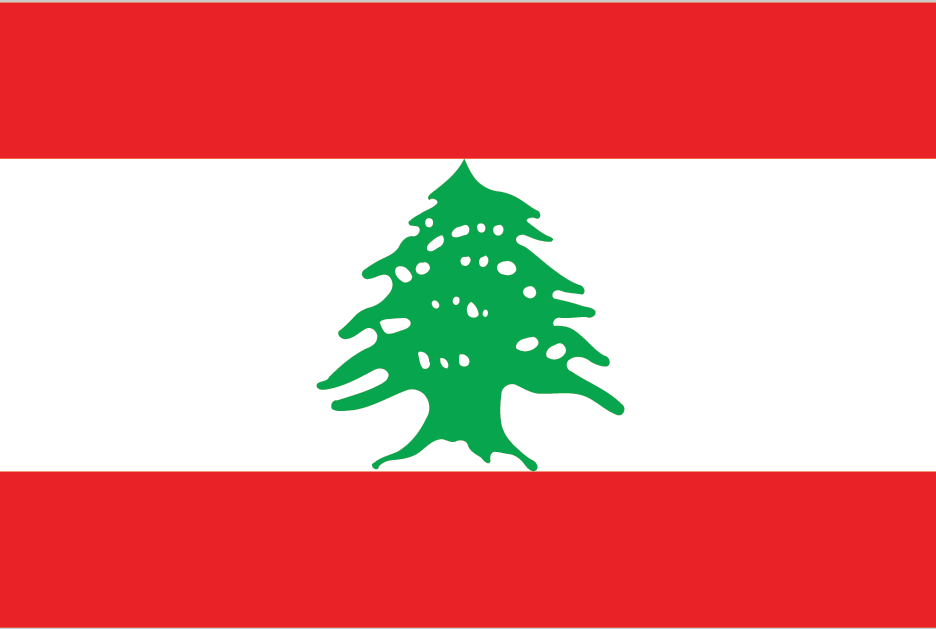
Sustainability Efforts
Country: Lebanon
Explore sustainability efforts in Lebanon. The United States Environmental Protection Agency (“EPA”) said it well when they state:
“Sustainability is based on a simple principle: Everything that we need for our survival and well-being depends, either directly or indirectly, on our natural environment. To pursue sustainability is to create and maintain the conditions under which humans and nature can exist in productive harmony to support present and future generations.”
About Lebanon
Lebanon, a small country in the Middle East, is known for its rich history, stunning landscapes, and vibrant culture. It offers attractions like the cosmopolitan capital city of Beirut, the ancient ruins of Baalbek, and the picturesque town of Byblos. Lebanon’s natural beauty includes the towering Cedars of Lebanon, the stunning Jeita Grotto, and the Mediterranean coastline, providing opportunities for hiking, skiing, and beach relaxation. The country’s cultural scene thrives with its diverse cuisine, lively nightlife, and traditional arts and crafts. Lebanese cuisine features dishes like hummus, falafel, and tabbouleh. With its mix of ancient history, natural wonders, and lively urban experiences, Lebanon offers a captivating destination for travelers seeking a blend of tradition and modernity.. Sustainability efforts in Lebanon will enhance the country’s future.
Sustainability Efforts
Toggle each button below to “open” and “close” the presented data.

Lebanon faces significant challenges in combating poverty, exacerbated by recent economic and political crises. Statistics specific to recent years are not readily available. However, the government, in collaboration with international organizations and NGOs, has implemented various social assistance programs to provide support to vulnerable populations. These programs include cash transfers, food aid, and job creation initiatives. Efforts are also being made to strengthen social safety nets and improve access to basic services for those living in poverty.

Lebanon has been experiencing food security challenges, particularly in light of the economic crisis and the impact of the COVID-19 pandemic. While specific hunger statistics are not readily available, the government has been working with international organizations and NGOs to address food insecurity. Initiatives include supporting agriculture and rural development, promoting sustainable farming practices, and improving food distribution systems. Additionally, food assistance programs are being implemented to provide immediate relief to those facing food insecurity.

Lebanon has historically had a relatively strong healthcare system, but it has been under strain due to recent crises. Efforts are being made to improve access to healthcare services and address the challenges faced by the sector. The government, in collaboration with international partners, is working on initiatives to strengthen healthcare infrastructure, enhance primary healthcare services, and ensure the availability of essential medicines. Despite the challenges, Lebanon has a relatively high doctor-to-patient ratio compared to many other countries in the region.

Education in Lebanon has faced significant challenges due to recent crises, including the economic downturn and the impact of the COVID-19 pandemic. The government, along with international organizations and NGOs, has been implementing initiatives to address these challenges. Efforts include promoting inclusive and equitable access to education, improving the quality of education, and providing support to vulnerable students. Access to education for Syrian refugees residing in Lebanon has also been a focus, with programs aimed at ensuring their enrollment and integration into the education system.

Lebanon faces persistent gender inequalities, particularly in terms of legal rights, access to economic opportunities, and political representation. Efforts are being made to address these inequalities and promote gender equality. Organizations and activists in Lebanon have been advocating for legal reforms to ensure gender equality and combat discrimination. Initiatives are also underway to promote women's economic empowerment, enhance access to education for girls, and increase women's political participation and representation.

Access to clean water and sanitation services in Lebanon has been a longstanding challenge. While specific statistics are not readily available, the government and international organizations have been working to improve access to clean water and sanitation facilities. Efforts include upgrading water infrastructure, implementing wastewater treatment projects, and promoting water conservation and management practices. Collaboration with regional and international partners has been crucial in addressing water and sanitation challenges in Lebanon.

Lebanon has been striving to promote affordable clean energy sources as part of its efforts to transition towards a more sustainable energy sector. Specific statistics on the progress in this area are not readily available. The government has been working on renewable energy projects, including solar and wind power initiatives. Efforts are being made to attract investment in renewable energy, enhance energy efficiency measures, and develop policies and incentives to promote clean energy adoption.

Lebanon has been facing significant economic challenges, including high inflation, unemployment, and a depreciating currency. Specific statistics related to economic growth are not readily available. The government, with support from international financial institutions and donor countries, is working on economic reform programs to stabilize the economy, promote private sector development, and attract investment. These initiatives aim to create sustainable economic growth and improve living standards for the population.

[insert].

[insert].

[insert].

[insert].

[insert].

[insert].

[insert].

[insert].

[insert].



